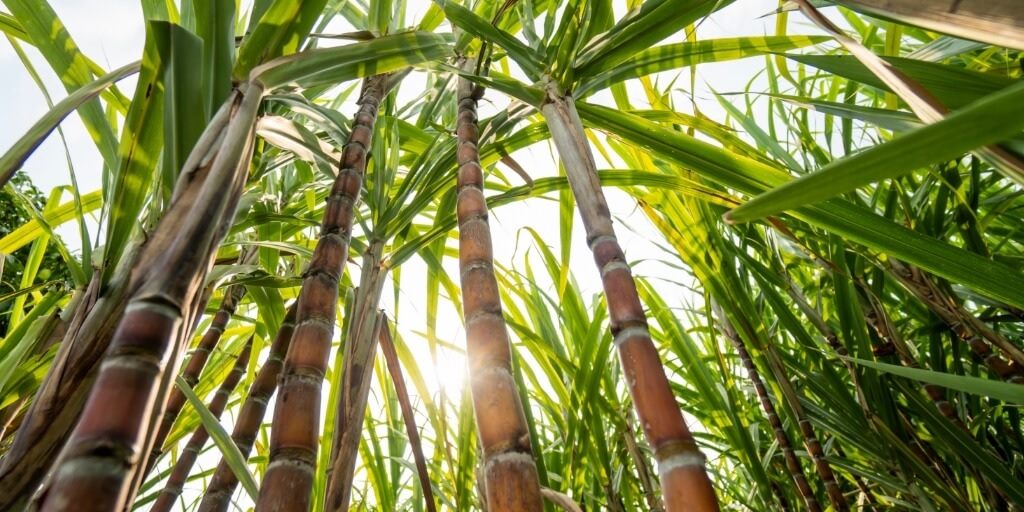
Sugar production in south-central Brazil will reach between 36 and 38.5 million tonnes in the 2023/24 harvest, which starts in April, depending on the behavior of oil and gasoline prices, in addition to the economic scenario, estimated on Tuesday . October 25, consulting firm Datagro.
In his first projection for the new season, the president of the consultancy, Plinio Nastari, said that it is too early to mark a certain position.
However, it is estimated that sugar cane crushing will increase to 575 million to 590 million tons, with better weather conditions and investments in sugar cane fields.

Estimated crush for the current crop is 542 million tonnes, in a crop recovering from very poor yields due to drought and frost last cycle, while sugar production is expected to be 33.25 million tonnes in the region in 2022/23.
Nastari noted that sugarcane fields in the country’s largest producing pole are developing well for the new crop in response to more favorable weather conditions, but with the expectation of a reduction in the area dedicated to the crop.
“We anticipate for 2023/24 an additional reduction of 1.8% of the area, which we take into account in our estimates,” he said, without giving details of the area anticipated for the next cycle.
The reduction is due to cereal profit margins, which exceed sugarcane results and have caused producers to plant soybeans, for example, at the expense of sugarcane plantations.
The Datagro president said a delay in the Indian crop and a modest recovery in Thailand’s output should keep the international market and demand for the Brazilian sweetener hot.
As for ethanol, he noted that the energy crisis in Europe, fueled by the Russia-Ukraine war, shows an increase in biofuel exports.
On the other hand, continued expansion of ethanol production from corn tends to increase Brazil’s biofuel supply, which could lead millers to opt for a higher sugar production mix in 2023/24. Datagro did not disclose ethanol production forecasts for the new crop.
For the current cycle, total ethanol production was estimated at 29.27 billion liters, of which 24.67 billion from sugarcane and 4.6 billion from corn biofuels.
With information from Reuters



